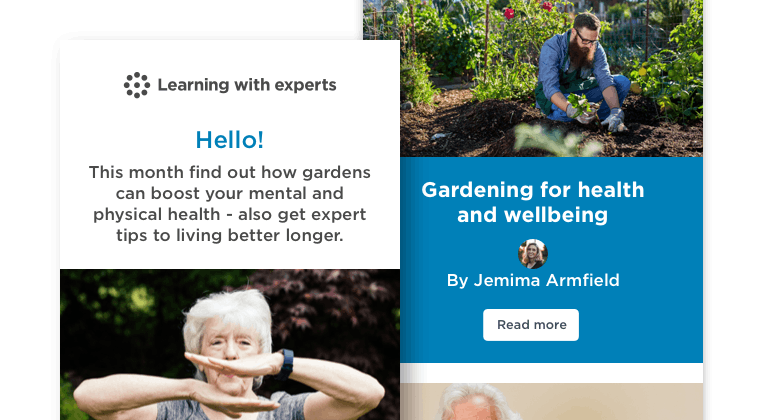Keep your distance (from yourself)
By Geoff Harris •
Beyoncé – sassy, sexy and a total master of her craft, right? While the star’s stage persona is well known, what is less well known is that she originally struggled with the sensuality and self-confidence the role required, particularly in front of very large audiences.
To help her cope with the nerves and insecurity, Beyoncé visualised an alter ego called Sasha Fierce. As she explained to Oprah Winfrey in 2008, “usually when I hear the chords, when I put on my stilettos, like the moment right before when you’re nervous… then Sasha Fierce appears, and my posture and the way I speak and everything is different.”
Adele developed a similar character called Sasha Carter, a combination of Beyoncé’s Sasha Fierce (the two singers are friends) and June Carter, part of the legendary Carter Family of country music fame and long-time life/creative partner of Johnny Cash.
Apparently, channelling Sasha Carter helped Adele resume her somewhat fractured career and battle stage fright. Fans of hit TV series Mad Men may also recall the famous advice, “What would Don Draper do?” (get drunk and be unfaithful probably, but that’s another story).
Anxious celebrities and ad agency lotharios aside, this idea of self-distancing and taking on the character of a different self – or at least a self who seems more organised and confident – is gaining a lot of attention in psychological circles. When we are caught up in anxiety, depression or rumination, it’s almost like the anxious/depressed self is all we know – sometimes making even routine tasks like getting up or cooking a meal seem like a big challenge, not to mention the duties and responsibilities of the working day.
Maybe it can seem easier to cope if you tell yourself “I don’t feel like writing this article now, but ‘writer/editor Geoff’ can do it.” Or if you don’t want to do a chore for your sister, try saying ‘I can’t be bothered but kind brother Geoff can.’ The point is that this kind of self-distancing or channelling can allow us to step away from a distressing situation in order to gain a more balanced view of our options, and the wisest course of action.
I practice martial arts and it can be difficult getting up to go along every Sunday morning for a tough session – again, it helps by handing it over to a separate ‘martial artist’ persona, who always seems to be more organised and behaviourally consistent than the Geoff who is still in bed.
A pioneer in this field of self-distancing is Ethan Kross from the University of
Michigan, who has written an interesting paper on the subject.
“We find that self-distancing leads people to report re-experiencing their negative emotions less than people who analyse their feelings from a self-immersed perspective,” Kross explains. He goes on to add that “engaging in non first-person self talk” can help people regulate emotions and impulses, and even make healthier diet choices. So instead of “I am hungry,” it becomes, “Geoff is or feels hungry” (and hopefully fixes himself a chicken or falafel salad rather than ordering a pizza).
“Recent work suggests that people reason more wisely about other people’s negative emotional experiences than their own,” Kross adds, so thinking of yourself in the third person really can bring benefits.
Self-distancing also seems to work with kids, as youngsters are encourage to visualise themselves as popular characters such as Batman or Dora the Explorer. Of course, kids love getting dressed up and have very active imaginations, but as we’ve seen, adults can also ask themselves ‘what would xxx do?’. Who you chose to channel is up to you: as well as positive role models from popular culture or history, it could be somebody particularly impressive or centred from your workplace or family.
What is really important is allowing yourself some psychological space from your immediate angst, and mirroring some consistently positive behaviours. We’re not suggesting you go to an extreme and go through life like a Method actor or somehow act out a lie, but self-distancing could be worth a shot.
Stay updated
Receive free updates by email including special offers and new courses.

